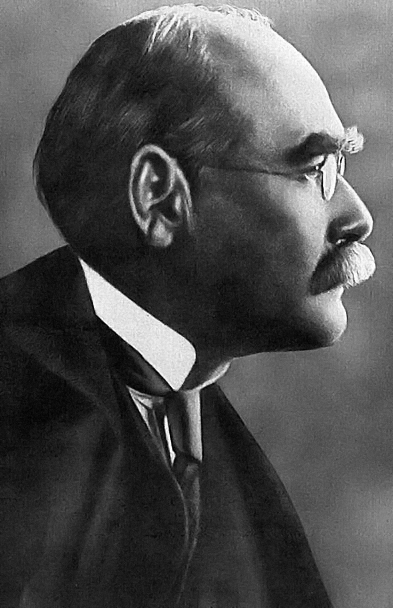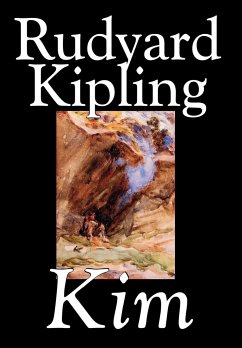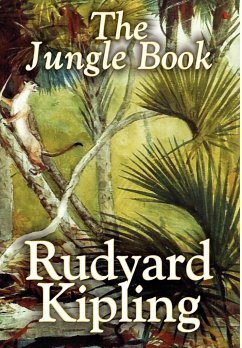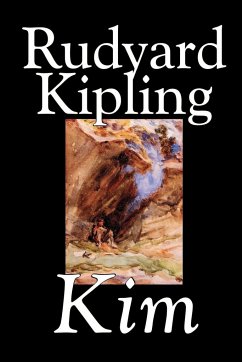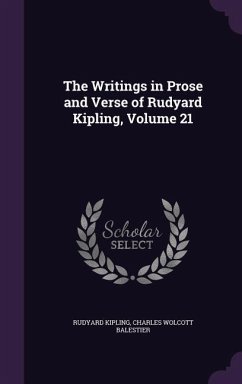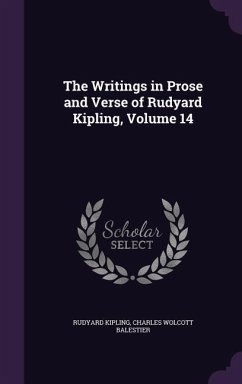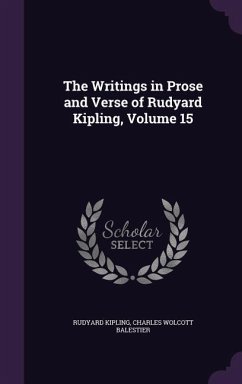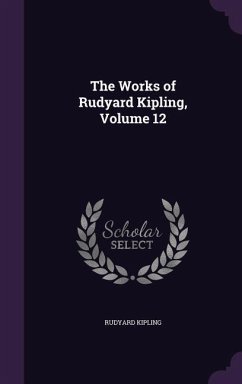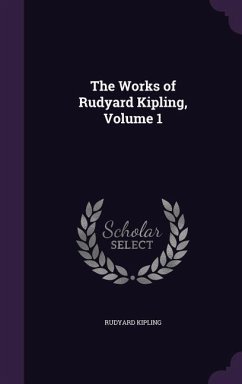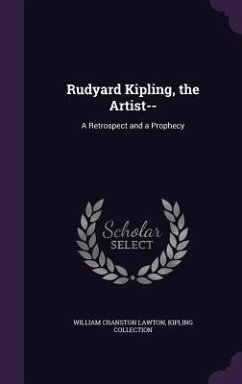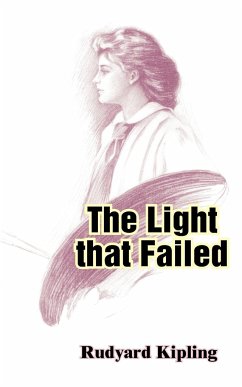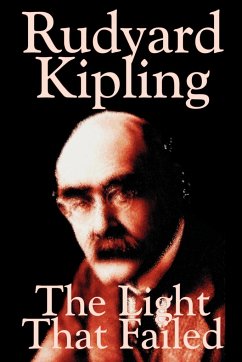
The Light That Failed by Rudyard Kipling, Fiction, Historical
Versandkostenfrei!
Versandfertig in 1-2 Wochen
19,99 €
inkl. MwSt.

PAYBACK Punkte
10 °P sammeln!
The Light that Failed follows the life of Dick Heldar. Dick Heldar is a war correspondent and an artist, well-known for the drawings he sends home to the London papers from wars in exotic places like Sudan. When he returns to London, he attempts to make a career for himself as a serious artist -- and re-encounters his childhood sweetheart, Maisie. The pair fall in love. And then he learns that a minor problem with his eyes is actually the onset of blindness, incurable -- the result of a head wound he took during the war. And as his vision fails, the light of everything around him -- his life, ...
The Light that Failed follows the life of Dick Heldar. Dick Heldar is a war correspondent and an artist, well-known for the drawings he sends home to the London papers from wars in exotic places like Sudan. When he returns to London, he attempts to make a career for himself as a serious artist -- and re-encounters his childhood sweetheart, Maisie. The pair fall in love. And then he learns that a minor problem with his eyes is actually the onset of blindness, incurable -- the result of a head wound he took during the war. And as his vision fails, the light of everything around him -- his life, his hopes, his dreams -- fail with it. There are trerrible choies to be made -- between the love of the woman he treasures . . . and the love of the men who stood by him at the front.





